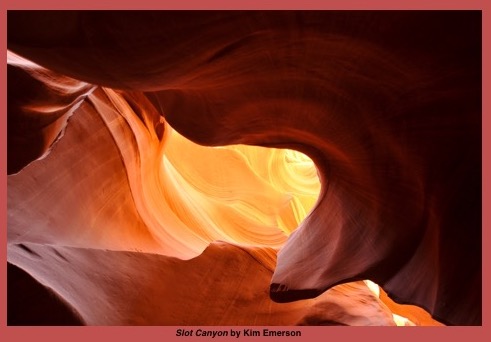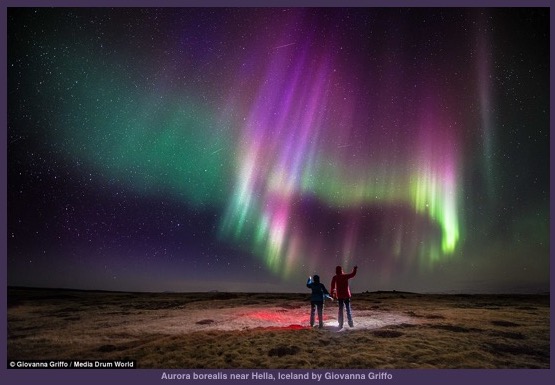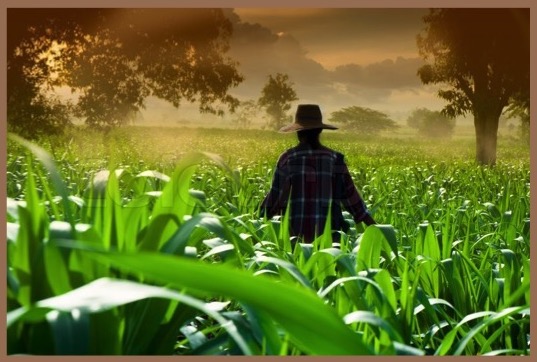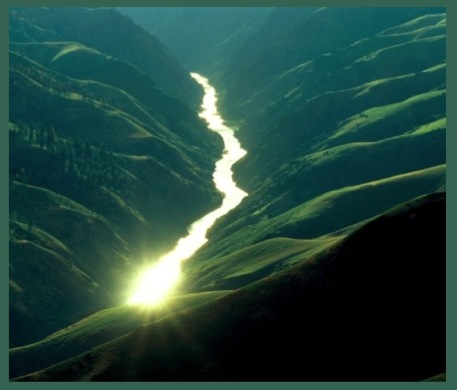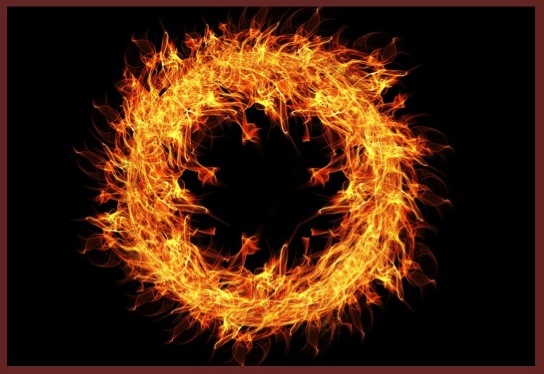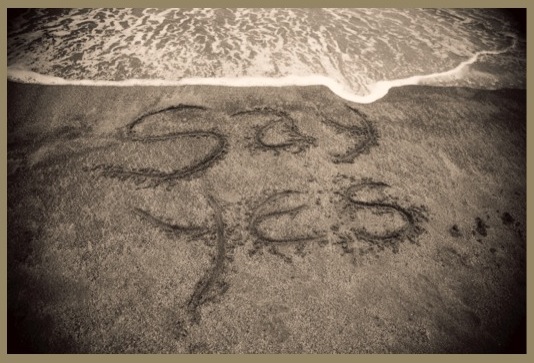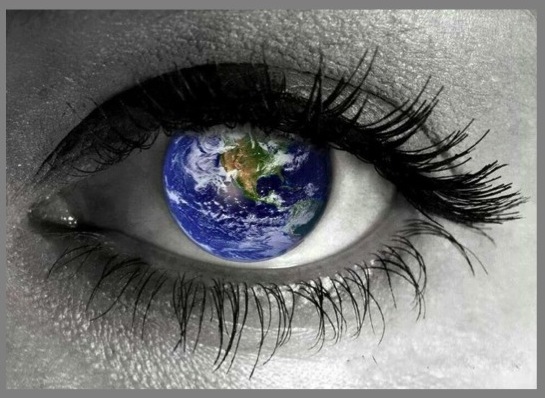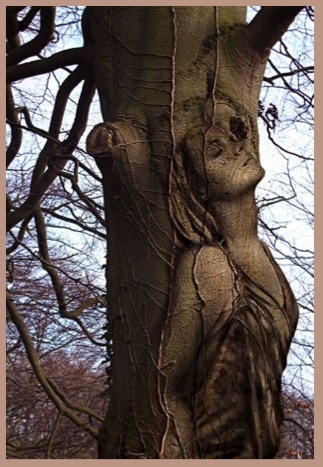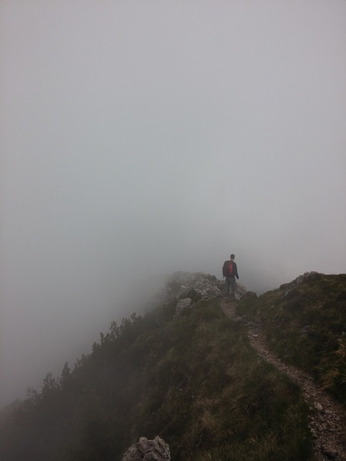
There’s a fascinating book that I would half-recommend: Running With the Fairies: Towards a Transpersonal Anthropology of Religion by Dennis Gaffin. The first half of the book worked quite well for me, but I didn’t think the latter half of personal testimonies from people who believe they are reincarnated fairies or actual fairies in human bodies quite jelled. I support people believing whatever they like—and it harm none—but I had a problem with their adamant insistence that there is no such thing as a dark side to the fairies. All is sweetness and light in their Universe. Which flies in the face of millennia of human folklore and experience which sees the fairies as a tricksy lot, often inimical to humanity. The believers in this book put that down to superstition and ignorance, but I’m not so certain. People in past centuries may have been superstitious and ignorant, but in general were no more clever or no more stupid then we are. And they had a much vaster experience of the dark side of nature than most of us do these days. It’s easier to discount that chthonic world when you have electric lights and indoor plumbing. If there are such things as fairies, there may indeed be good ones, but I suspect most are at best ambivalent towards humans, and some may actually be malevolent.
But anyway, Dennis Gaffin. He’s an academic (a Professor of Anthropology at the State University of New York College at Buffalo) who has done something quite rare: a serious study of contemporary Irish fairy belief. Academics are big on doing serious studies of the folk traditions of Buddhists or South Seas Islanders or Native Americans, et al., but there’s a prejudice against turning that same eye towards Western folk beliefs. It’s an inherently racist stand, I think, that Those People and their Quaint Beliefs are okay to study, but somehow Western belief structures must be dismissed as silly trash. It’s as if the people who are doing the studies have decided that First Worlders are “too good†to have such ideas, that they must be ruthlessly derided and suppressed by Western academia so we can preserve our collective First World reputation.
So Professor Gaffin runs an academic risk here. True, he’s an anthropologist who’s gone native, so to speak, and now perceives fairies his own self. Which further risks his academic reputation, I suppose, but his point of view straddling both worlds is fascinating to me. I feel a kinship to him.
Have I ever seen a fairy? No. Nor heard none, neither. Do I believe in fairies? That’s a thorny question. I believe in another world that cozies up to this one and sometimes leaks through. I suspect that Whatever takes many forms and some people—otherwise rational and solid citizens—see It as fairies. Bigfoot, Loch Ness Monster, devas, dakinis, djinn, angels, name your poison. It’s all part of the same bag: That Which Leaks Through.
It’s okay. I know you think I’m crazy. When I say I don’t care, I don’t mean it in a snotty or rebellious way. I mean that I made a conscious decision some time ago to share the things of the spirit as they come to me, in case someone else is having similar experiences and wondering if they’re nuts. I can’t answer the question of sanity, but I do know that I am a rational person who occasionally has trans-rational experiences.
When it comes to belief, experience is the core of it, an emotional heart-to-heart with something beyond the narrow confines of personal ego. It’s not a received wisdom, which is why religion often fails to convince. “Belief cannot be transferred,†says Professor Gaffin, “for it is a function of experience.†These things often seem to go hand-in-hand with a closeness to nature. As we move more and more away from the natural world and more into a mechanized, urbanized environment those experiences become more rare.
Scientific education is a great thing and a fundamentally good way of looking at the world. I highly recommend it. But even scientists (well, the rational ones) will admit they don’t have all the answers. There was a time when I was about ninety percent of the way towards atheist. I called myself agnostic, but I’d come to view the Universe as fairly mechanistic. At one point, I finally said, “Okay, I don’t believe there’s anything else.†The Universe decided to call my bet. Almost as soon as I’d uttered that sentence It sent me an extraordinary experience. Followed by another and another until I capitulated, swept up in what to me was irrefutable evidence of there being something else. Generally, I’ve been a great deal happier in my “defeat†than I was in my “victorious†skepticism.
Why me? Why was I sent experiential data? I haven’t a clue. That’s the thing about the Universe. It’s a big freaking mystery with big freaking mysterious ways. We wander down half-formed pathways with thick fog on either side and every once in a while the mists lift to reveal a dazzling view of sheer cliffs and the dramatic crashing of waves far below. Then the clouds return and we proceed on the path—but once you’ve seen it, you can’t un-see that amazing sight. You’ve glimpsed the beauty and the peril lying just beyond the verge. You step carefully from that point on.

